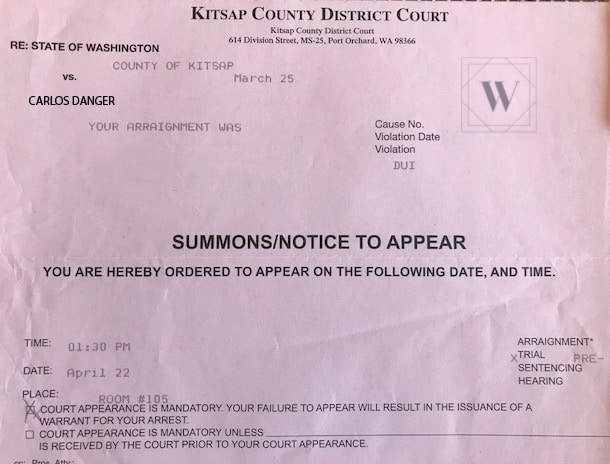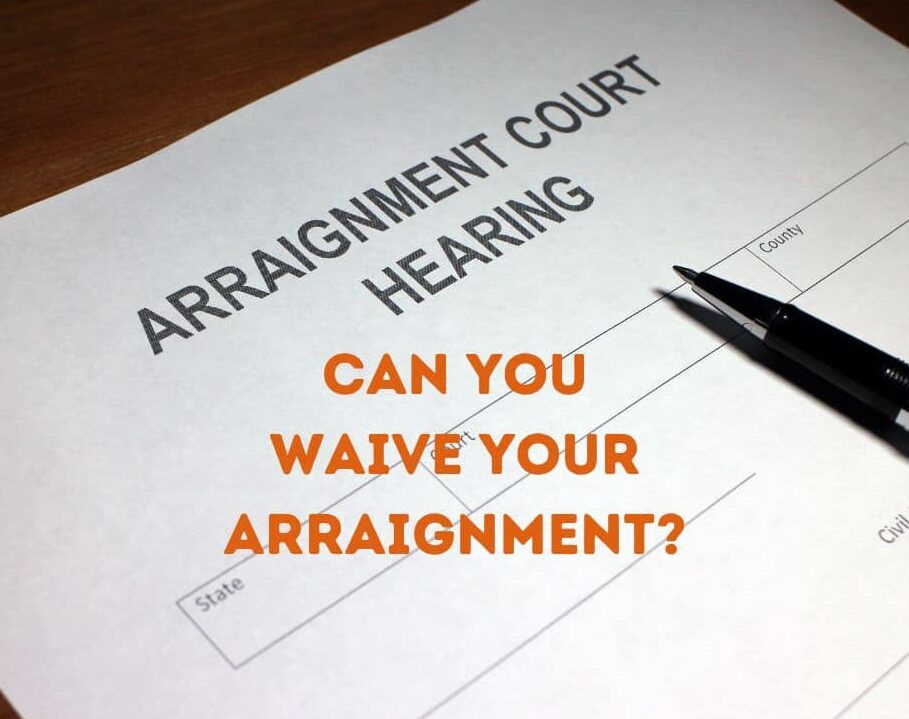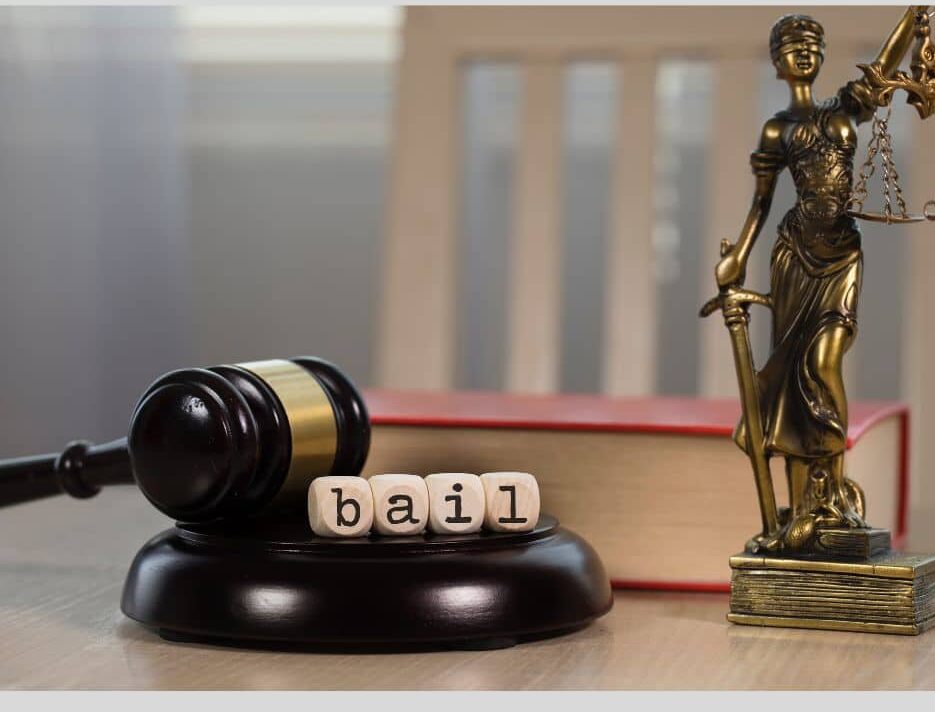Summons For A DUI
I received a summons for a DUI. What should I do?
Historically, when a person was arrested for DUI, he or she would be taken into custody or, alternatively, directed by the arresting officer to be present in Court the next date Court was in session. The initial appearance or arraignment for the DUI was typically on the Monday following the arrest. This has been the common practice for decades. Rarely, would a defendant be mailed a Summons regarding a DUI charge and, certainly, not six or nine months after the initial arrest. Over the course of the last year, this has all changed.
For a free consultation call (360) 792-1000.

Why The Change In Practice?
The legalization of marijuana has changed how law enforcement and lawyers handle criminal charges. Following the passage of Initiative I-502, law enforcement and policy makers have been in a constant race to keep ahead of the issues that “legal” marijuana creates.
What is The Change?
For a large portion of DUI arrests, law enforcement is now drawing blood. Since so many citizens partake in the use of marijuana, it logically follows that a DUI suspect might be impaired due to THC. Without a blood draw, there is no definitive way to know if the person has smoked or ingested marijuana.
Unfortunately, when a DUI suspect has their blood drawn, the result is not available immediately, as it is with a BAC machine measuring alcohol. Consequently, the arresting officer will simply file a report, submit the blood to the toxicology lab, and then forward that information to the Prosecutor’s office. Despite the fact that the suspect is technically “under arrest” during the process, he or she is not booked into jail and does not remain in custody. Furthermore, the suspect will not be directed to appear in Court. The reason for the change in protocol is twofold.
The primary reason for the change in protocol is simply logistics. It takes several months for law enforcement to receive the result from the blood draw. The blood samples must be sent to the Washington State Crime Lab, which is providing those results in approximately four months. We have seen results come back eight months later!
The second reason for the change is that the delay in blood results creates a subsequent legal challenge. The Court and the Prosecutor must comply with a suspect’s speedy trial rights, which is 90 days following the arraignment. If the Prosecutor’s office charges a case immediately following the arrest, this means they must be ready to take the case to trial within the 90 day window. Clearly, with their evidence at the toxicology lab for four or more months, this wouldn’t work. The Prosecutor would lose all of these cases based on the legal challenge from any competent defense attorney. Therefore, it is imperative that the Prosecutor delay the arraignment.
Community Safety
Once upon a time, the Prosecution believed in the importance of getting a DUI suspect into Court quickly, so that they could set “conditions of release.” In other words, cases were prioritized to ensure community safety. Historically, on a Monday following a DUI arrest, the Prosecutor would request that the Court order a defendant to consume no alcohol or non-prescribed drugs. After I-502, the priority of community safety has changed. Without a faster turn around time from the toxicology lab, the Prosecution must alter strategy to comply with the rights of the accused. Simply put, the State cannot charge a person without evidence ready to take to trial.
Real World Consequences
Hypothetically, a person can be arrested in January and wait in limbo for many months to know whether their recreational marijuana use met the 5 ng/ml standard for a DUI. After several months pass, most people think their blood sample was fine. Since the suspect is released the night of the blood draw with no instruction on when (if at all) to go to Court, he or she believes life can go on as normal.
In May, a job opportunity arises out of state that the individual can’t pass up. The person moves on with life and that means a new address. Since many months have passed, the person does not think to leave a forwarding address or contact Washington Department of Licensing. Six months later, when the DUI is charged, a Summons is mailed to the last known address. Not surprisingly, the person misses the court date listed on the Summons. Now, a Bench Warrant is issued for their arrest. Additionally, the individual also fails to receive the information regarding the 7 day window to request a Department of Licensing Hearing to challenge their license suspension and, therefore, is now driving on a suspended license.
As you can see, there are many frustrating challenges that flow from the delay in blood results. Unfortunately, this “hypothetical” is actually happening to many Washington citizens everyday.
What Should I Do?
First and foremost, keep your address up to date with the Department of Licensing. Once your case is charged, the Prosecutor will give the information to the Court Clerk’s Office and they send out the Summons. They send the Summons to the last known address provided to DOL.
Second, get ahead of the DUI charge. When we are hired for a DUI and there is no date set, we typically advise our clients to take some proactive steps. We will consider whether, in a particular case, an alcohol evaluation or a DUI Victims Impact panel might be beneficial to complete before the arraignment date. Additionally, we keep in regular contact with the Prosecutor’s Office so we know as soon as the case has been charged. There are strategies that we employ that can make the arraignment – and the remainder of the case – go much more smoothly.
There are too many pitfalls to go through this process alone. If you have received a Summons for a DUI, or you were arrested and have not yet received a Summons, give our office a call for a free, confidential consultation.
DUI Posts
Can I Waive My Arraignment?

Can I Waive My Arraignment? In Washington State, the Criminal Rules for Courts of a Limited Jurisdiction allow for a defendant’s arraignment to be waived. What that means is – if you hire private counsel prior to your arraignment, your attorney can send to the Court and to the Prosecuting Attorney…
Avoid Bail. Don’t Violate Conditions Of Release.

Were you arrested for DUI or some other crime and then released without bail? If you were fortunate enough to avoid posting bail, don’t test your luck by violating your conditions of release. Conditions of release are set by the judge for two reasons: 1) to ensure the defendant appears for all court dates, and…

Get help now
Whether you choose to handle your case alone or you hire the Witt Law Group, get educated and prepared. There are so many factors that occur in the early part of your case that can dictate whether you will end up with a fair recovery. Remember that a consultation is free and worth your time. You will likely discover that the earlier you get an attorney involved in the process, the easier the transition back to normal life. Your attorney will take over all contact with the insurance adjuster and keep track of your treatment providers and bills. Your job is to heal. Our job is to present your injuries and damages to the insurance companies and argue for a fair settlement that accurately reflects the pain and damages you’ve suffered.

